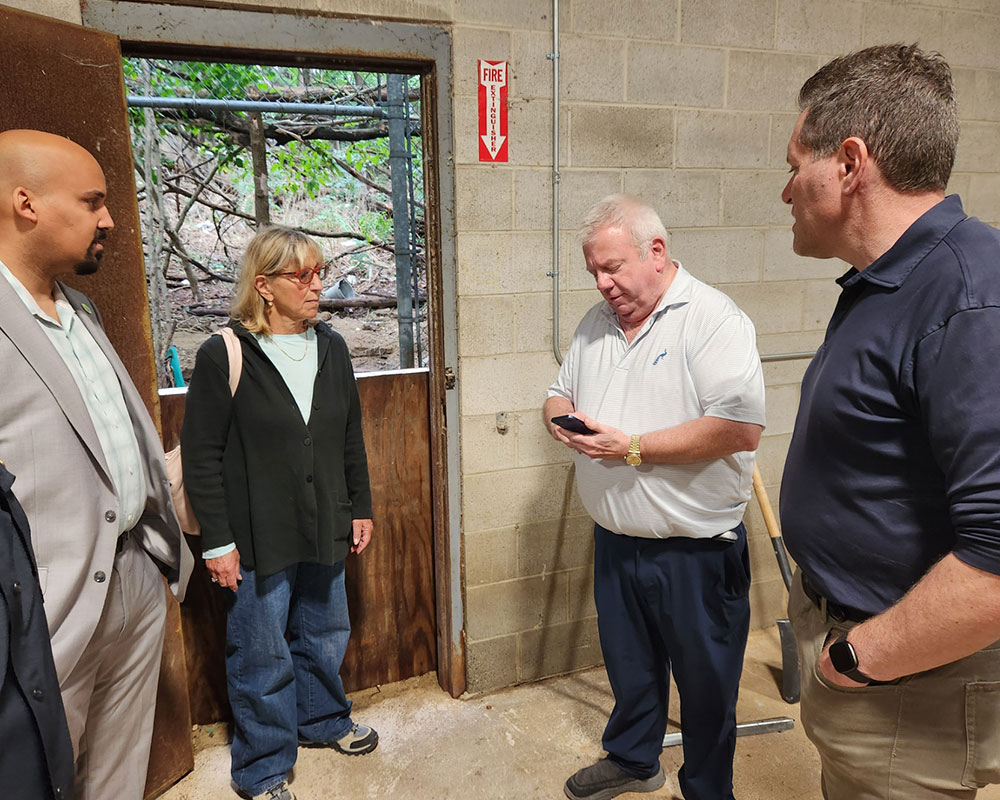Disaster aid coming to area communities impacted by last summer’s flooding was among the benefits coming from last week’s final approval of a $3.1 billion state supplemental budget.
As WHAV reported last month, Sens. Barry R. Finegold and Pavel M. Payano thanked their colleagues for supporting $15 million in aid for local communities, but the amount was held in limbo when legislators debated a separate provision putting $250 million more into the state’s strained emergency shelter system.
“I’m thankful for the $15 million earmarked for municipalities affected by storms and natural disasters in 2023, offering crucial support to communities grappling with the aftermath of heavy rainfall and flooding. My heartfelt thanks also go to Sen. Finegold, Senate (Minority Leader Bruce E.) Tarr and Sen. (John J.) Cronin for their steadfast advocacy in response to these disasters,” Payano said in a statement.
To address the ongoing humanitarian emergency shelter crisis, the final bill allocated $250 million for costs associated with sheltering eligible families, including by making funding available for temporary emergency shelter sites for families on a waitlist for permanent shelter.
Payano added, “The inclusion of $250 million to support emergency shelters for migrants in need is pivotal, along with the allocation of $378 million to fund collective bargaining increases for state workers, and an additional $75 million for school districts impacted by special education tuition rate increases.”
Senate President Karen E. Spilka credited Senate Ways and Means Chair Michael J. Rodrigues and Tarr, among others, saying, “I’m proud of the urgency the Senate has repeatedly shown in getting this bill to the governor’s desk.”
The spending package also included a $100 million pension payment to remove any increased liability resulting from the 2015 early retirement incentive program. The largest spending item in the bill was related to health care costs provided through MassHealth.

